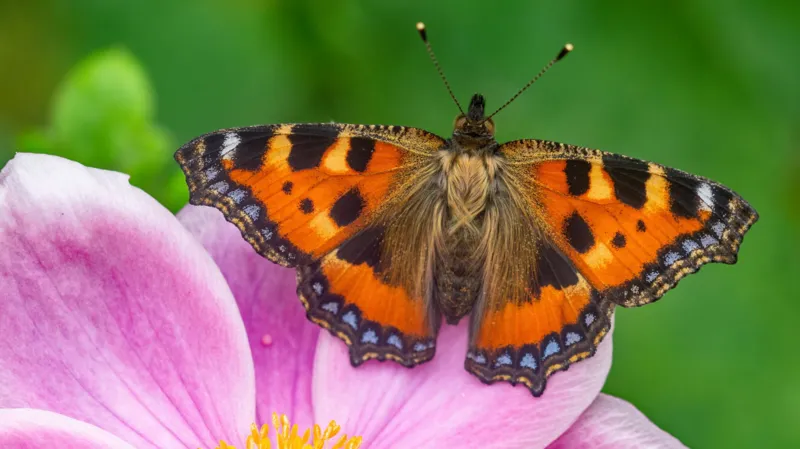Fourteen years have passed since the count began. Butterfly Conservation states that while the wet weather this year may have contributed to this year’s dismal outcomes, the long-term trend is quite alarming.
It is urging the government to outlaw pesticides “before it’s too late” that can damage bees and butterflies.
Following fifty years of decline, butterflies are at “their lowest ebb,” according to Dr. Richard Fox, the head of research at the organization.
He claimed that butterflies are important indicator species, and when they are in danger, we know that the environment as a whole is also in danger.
In order to combat a virus that infects sugar beet, neonicotinoid insecticides were permitted four times in a row in emergency situations after being outlawed in the UK in 2018.
Although the Department of Environment, Food, and Rural Affairs has not provided a timeline for the change in rules, a spokesman stated that the department is “committed to deliver for nature and will change existing policies, including banning the use of those neonicotinoid pesticides that threaten vital pollinators.”







